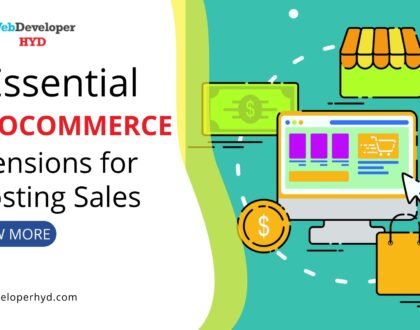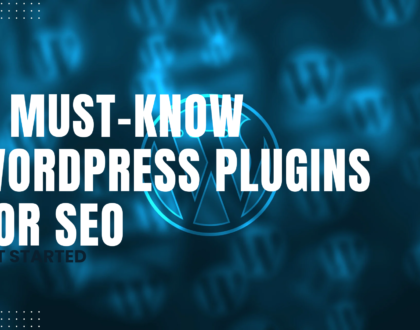How to choose the right web development platform for your business

The Internet has become an integral part of our lives. It has given us the ability to connect with people from all over the world, access information at the click of a button, and purchase goods and services without leaving our homes. The World Wide Web has also transformed the way businesses operate. In the past, businesses would have to rely on brick-and-mortar locations to reach their target audiences. But now, with a website, businesses can reach a global audience and conduct transactions online.
If you’re a business owner who is thinking about launching a website, you may be wondering which web development platform is right for your business. There are many different web development platforms available, and choosing the right one can be overwhelming. But don’t worry – we’re here to help! In this blog post, we’ll give you some tips on how to choose the right web development platform for your business.
1. Define Your Goals
Before you can choose a web development platform, you need to define your goals for your website. What do you want your website to accomplish? Are you looking to sell products or services online? Are you looking to provide information about your business? Are you looking to connect with customers or clients? Once you know what your goals are, you can start narrowing down your options.
2. Consider Your Budget
Some web development platforms are free, while others come with a price tag. If cost is a consideration, then you’ll want to choose a platform that fits within your budget. Keep in mind that even though some platforms are free, there may be hidden costs associated with them (such as hosting fees). Be sure to do your research before making any final decisions.
3. Consider Your Technical Expertise
Another important factor to consider is your technical expertise (or lack thereof). Some web development platforms are easier to use than others – so if you’re not particularly tech-savvy, then you’ll want to choose a platform that’s easy for non-techies to use. On the other hand, if you’re comfortable working with code and have some experience with web development, then you may want to choose a more robust platform that will give you more control over the design and functionality of your website. Again, it all comes down to knowing what your goals are and matching them up with the right platform.
4. Consider Your Target Audience
Your target audience should also play a role in choosing a web development platform. If most of your target audience is using mobile devices (such as smartphones and tablets), then you’ll want to make sure that your website is optimized for mobile devices . This means choosing a responsive design or using a separate mobile version of your website . On the other hand , if most of your target audience is using desktop computers , then mobile optimization may not be as important . Again , it all comes back to knowing who you’re trying to reach with your website. Once you know that, you can choose the appropriate platform for reaching them. For example, if you’re trying to reach consumers in the United States, then choosing a platform that’s popular in the US (such as WordPress) might be the best option. On the other hand, if you’re trying to reach an international audience, then choosing a platform that’s popular worldwide (such as Wix) might be the best option.
Recommended Posts

Top 5 Free WooCommerce Extensions for Boosting Sales
February 3, 2023

Top 5 WordPress Security Mistakes and How to Fix Them
January 25, 2023

6 Must-Know WordPress Plugins for SEO
January 6, 2023
